iTunes | Google Play | RSS (Soundcloud) | Stitcher
Welcome to the Ada Lovelace Day podcast, highlighting the work of women in STEM. Each month, we talk to women from around the STEM world about their careers, as well as talking to women and men, about historic and modern women’s achievements, discoveries, and inventions.
In this episode
00:28: Zoe Kleinmann talks about life as a tech reporter for the BBC.
26:40: We explore the contributions that women have made to the automotive industry, including safety and comfort features that we now take for granted!
30:55: Dr Paul Coxon from the University of Cambridge on the fascinating work of metallurgist Constance Tipper.
Our interviewees
Zoe Kleinman
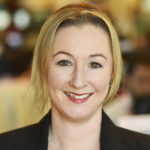 Zoe Kleinman is a high profile BBC journalist and broadcaster, regularly seen and heard across BBC radio, TV and online.
Zoe Kleinman is a high profile BBC journalist and broadcaster, regularly seen and heard across BBC radio, TV and online.
From cybersecurity and hacking to artificial intelligence and driverless cars, Zoe brings tech and business stories to a mainstream global audience of millions across international radio, TV and online outlets including Radio 4’s Today programme and BBC World News.
She travels the world in search of the Next Big Thing – flying selfie-taking drones in the Nevada desert, spending the night in a house full of robots, being turned into a human beatbox, climbing Mount Everest (using virtual reality, in a hotel room in Las Vegas) and trying to survive for 48 hours using only Bitcoin on the Isle of Man – where she discovered it was easier to buy beer than breakfast.
Zoe is also a mum of two children and as a result can build pretty much anything out of Lego.
You can follow Zoe on Twitter @zsk.
Dr Paul Coxon
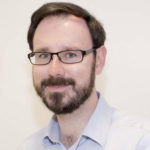 Paul Coxon is a physicist in the Department of Materials Science and Metallurgy at the University of Cambridge. His research focusses on new materials for sustainable energy generation and battery devices. He is currently developing extremely black nano-surfaces to improve PV cells by increasing their ability to trap the full spectrum of the sun. He is a keen science communicator always eager to engage the public in the wonders of materials science. Frequently appears on radio and TV, and regularly contributes to popular science magazines and blogs on renewable energy, solar photovoltaics, energy materials and storage. He can be found on Twitter at @paulcoxon.
Paul Coxon is a physicist in the Department of Materials Science and Metallurgy at the University of Cambridge. His research focusses on new materials for sustainable energy generation and battery devices. He is currently developing extremely black nano-surfaces to improve PV cells by increasing their ability to trap the full spectrum of the sun. He is a keen science communicator always eager to engage the public in the wonders of materials science. Frequently appears on radio and TV, and regularly contributes to popular science magazines and blogs on renewable energy, solar photovoltaics, energy materials and storage. He can be found on Twitter at @paulcoxon.
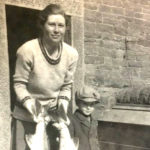 Paul was talking about Constance Tipper, a metallurgist, crystallographer, and the first woman to be appointed to the Department of Engineering at Cambridge. She was interested in metals and how the crystalline structure affected their strength and mechanical properties. She made her name in helping understand why the all-welded “Liberty Ships” which fed Britain and Europe during WW2 kept failing and splitting in two.
Paul was talking about Constance Tipper, a metallurgist, crystallographer, and the first woman to be appointed to the Department of Engineering at Cambridge. She was interested in metals and how the crystalline structure affected their strength and mechanical properties. She made her name in helping understand why the all-welded “Liberty Ships” which fed Britain and Europe during WW2 kept failing and splitting in two.
Discovery of the month
We talk about some of the inventions that have made our motoring lives safer and more comfortable, including the windscreen wiper, turn and brake signals, and the car heater.
Thanks to our sponsor
This podcast is brought to you thanks to the generous support of ARM, our exclusive semiconductor industry sponsor. You can learn more about ARM on their website at ARM.com and you can follow them on Twitter at @ARMHoldings.
If you would like to join ARM as a sponsor of the Ada Lovelace Day Podcast, please email us.
Get in touch!
If you’d like to send us feedback about the show, or if you’d like to take part, please email us. We’re especially interested in hear from men who would like to talk to us about the women in STEM who have influenced them, especially those women who are less well known.
Credits
Episode edited by Andrew Marks.
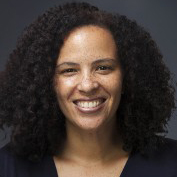 Dr Raychelle Burks is an Assistant Professor of Chemistry at St. Edward’s University. Her research focuses on the development of detection methods for a wide variety of drugs and explosives.
Dr Raychelle Burks is an Assistant Professor of Chemistry at St. Edward’s University. Her research focuses on the development of detection methods for a wide variety of drugs and explosives.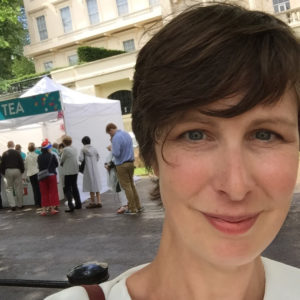 nne Locker is head of the Institution of Engineering and Technology’s Library and Archives. She has worked extensively on the history of engineering and electrotechnology, and has a particular interest in the history of women in engineering and technology and the introduction of domestic electricity into the modern home.
nne Locker is head of the Institution of Engineering and Technology’s Library and Archives. She has worked extensively on the history of engineering and electrotechnology, and has a particular interest in the history of women in engineering and technology and the introduction of domestic electricity into the modern home.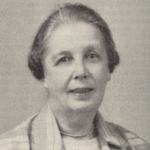 In this episode, Anne talks about pioneering electrical engineer Margaret Partridge (right), who in the early 20th century ran a business installing electric power and lighting to houses and villages in rural Devon. Partridge was a keen supporter of women in engineering, taking on many as apprentices. She also lectured at the Electrical Association for Women, co-authored The Electrical Handbook for Women, and contributed to the EAW’s journal, The Electrical Age.
In this episode, Anne talks about pioneering electrical engineer Margaret Partridge (right), who in the early 20th century ran a business installing electric power and lighting to houses and villages in rural Devon. Partridge was a keen supporter of women in engineering, taking on many as apprentices. She also lectured at the Electrical Association for Women, co-authored The Electrical Handbook for Women, and contributed to the EAW’s journal, The Electrical Age.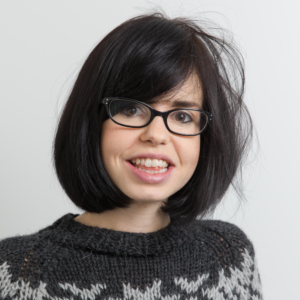 Dr Jess Wade is a post doctoral researcher in the Department of Physics and Centre for Plastic Electronics at
Dr Jess Wade is a post doctoral researcher in the Department of Physics and Centre for Plastic Electronics at 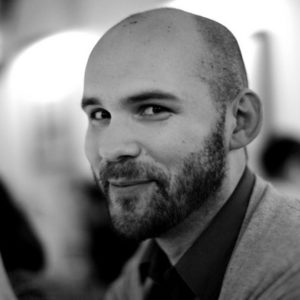
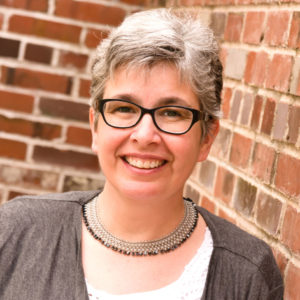
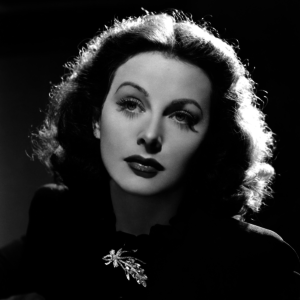
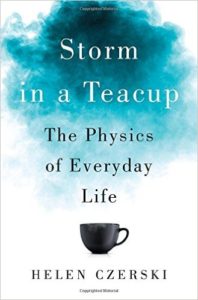 In March, we had a signed copy of
In March, we had a signed copy of 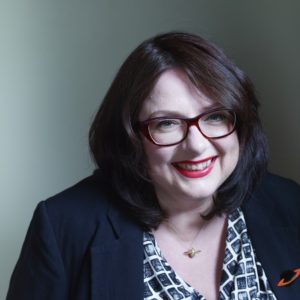
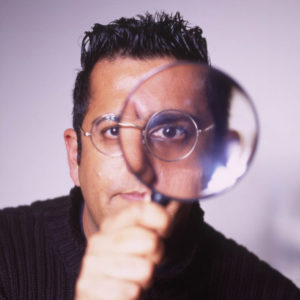
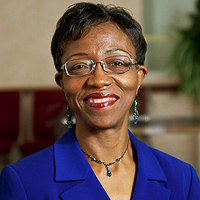 Discovery of the month
Discovery of the month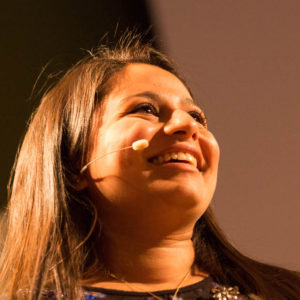 Our interviewees
Our interviewees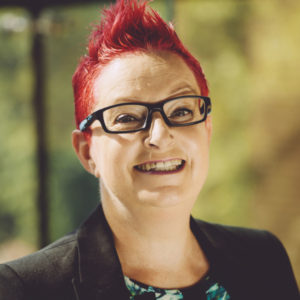
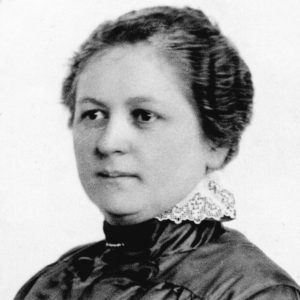 Discovery of the Month
Discovery of the Month